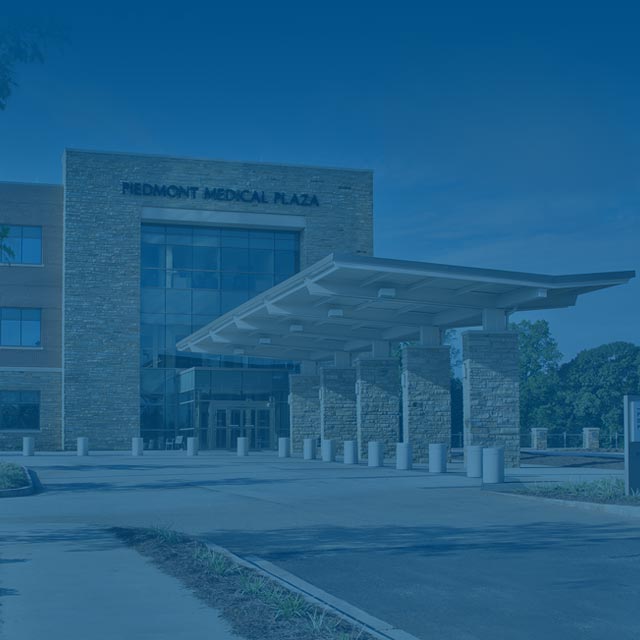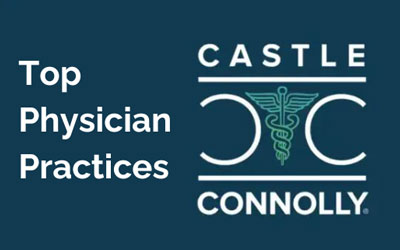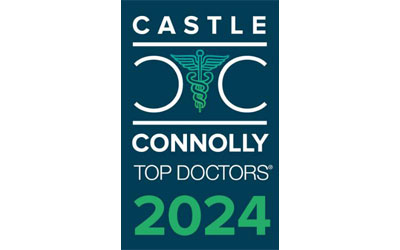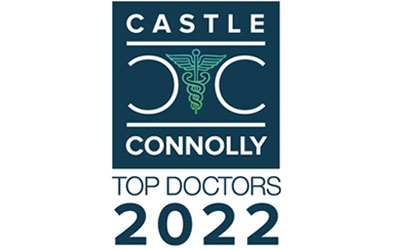Liver Cancer
General Information About Adult Primary Liver Cancer
Key Points for This Section
- Adult primary liver cancer is a disease in which malignant (cancer) cells form in the tissues of the liver.
- There are two types of adult primary liver cancer.
- Having hepatitis or cirrhosis can affect the risk of adult primary liver cancer.
- Signs and symptoms of adult primary liver cancer include a lump or pain on the right side.
- Tests that examine the liver and the blood are used to detect (find) and diagnose adult primary liver cancer.
- Certain factors affect prognosis (chance of recovery) and treatment options.
Adult primary liver cancer is a disease in which malignant (cancer) cells form in the tissues of the liver.
The liver is one of the largest organs in the body. It has four lobes and fills the upper right side of the abdomen inside the rib cage. Three of the many important functions of the liver are:
- To filter harmful substances from the blood so they can be passed from the body in stools and urine.
- To make bile to help digest fat that comes from food.
- To store glycogen (sugar), which the body uses for energy.
There are two types of adult primary liver cancer.
The two types of adult primary liver cancer are:
- Hepatocellular carcinoma.
- Cholangiocarcinoma.
The most common type of adult primary liver cancer is hepatocellular carcinoma.
This summary refers to the treatment of primary liver cancer (cancer that begins in the liver). Treatment of cancer that begins in other parts of the body and spreads to the liver is not discussed in this summary.
Primary liver cancer can occur in both adults and children. However, treatment for children is different than treatment for adults. (See the PDQ summary on Childhood Liver Cancer Treatment for more information.)
Having hepatitis or cirrhosis can affect the risk of adult primary liver cancer.
Anything that increases your chance of getting a disease is called a risk factor. Having a risk factor does not mean that you will get cancer; not having risk factors doesn’t mean that you will not get cancer. Talk with your doctor if you think you may be at risk. The following are risk factors for adult primary liver cancer:
- Having hepatitis B or hepatitis C. Having both hepatitis B and hepatitis C increases the risk even more.
- Having cirrhosis, which can be caused by:
- hepatitis (especially hepatitis C); or
- drinking large amounts of alcohol for many years or being an alcoholic.
- Eating foods tainted with aflatoxin (poison from a fungus that can grow on foods, such as grains and nuts, that have not been stored properly).
- Having hemochromatosis, a condition in which the body takes up and stores more iron than it needs. The extra iron is stored in the liver, heart, and pancreas.
Signs and symptoms of adult primary liver cancer include a lump or pain on the right side.
These and other signs and symptoms may be caused by adult primary liver cancer or by other conditions. Check with your doctor if you have any of the following:
- A hard lump on the right side just below the rib cage.
- Discomfort in the upper abdomen on the right side.
- A swollen abdomen.
- Pain near the right shoulder blade or in the back.
- Jaundice (yellowing of the skin and whites of the eyes).
- Easy bruising or bleeding.
- Unusual tiredness.
- Nausea and vomiting.
- Loss of appetite.
- Weight loss for no known reason.
Tests that examine the liver and the blood are used to detect (find) and diagnose adult primary liver cancer.
The following tests and procedures may be used:
- Physical exam and history: An exam of the body to check general signs of health, including checking for signs of disease, such as lumps or anything else that seems unusual. A history of the patient’s health habits and past illnesses and treatments will also be taken.
- Serum tumor marker test: A procedure in which a sample of blood is examined to measure the amounts of certain substances released into the blood by organs, tissues, or tumor cells in the body. Certain substances are linked to specific types of cancer when found in increased levels in the blood. These are called tumor markers. An increased level of alpha-fetoprotein (AFP) in the blood may be a sign of liver cancer. Other cancers and certain noncancerous conditions, including cirrhosis and hepatitis, may also increase AFP levels. Sometimes the AFP level is normal even when there is liver cancer.
- Liver function tests: A procedure in which a blood sample is checked to measure the amounts of certain substances released into the blood by the liver. A higher than normal amount of a substance can be a sign of liver cancer.
- CT scan (CAT scan): A procedure that makes a series of detailed pictures of areas inside the body, such as the abdomen, taken from different angles. The pictures are made by a computer linked to an x-ray machine. A dye may be injected into a vein or swallowed to help the organs or tissues show up more clearly. This procedure is also called computed tomography, computerized tomography, or computerized axial tomography. A spiral or helical CT scan makes a series of very detailed pictures of areas inside the body using an x-ray machine that scans the body in a spiral path.
- MRI (magnetic resonance imaging): A procedure that uses a magnet, radio waves, and a computer to make a series of detailed pictures of areas inside the body, such as the liver. This procedure is also called nuclear magnetic resonance imaging (NMRI). To create detailed pictures of blood vessels in and near the liver, dye is injected into a vein. This procedure is called MRA (magnetic resonance angiography).
- Ultrasound exam: A procedure in which high-energy sound waves (ultrasound) are bounced off internal tissues or organs and make echoes. The echoes form a picture of body tissues called a sonogram. The picture can be printed to be looked at later.
- Biopsy: The removal of cells or tissues so they can be viewed under a microscope by a pathologist to check for signs of cancer. Procedures used to collect the sample of cells or tissues include the following:
- Fine-needle aspiration biopsy: The removal of cells, tissue or fluid using a thin needle.
- Core needle biopsy: The removal of cells or tissue using a slightly wider needle.
- Laparoscopy: A surgical procedure to look at the organs inside the abdomen to check for signs of disease. Small incisions (cuts) are made in the wall of the abdomen and a laparoscope (a thin, lighted tube) is inserted into one of the incisions. Another instrument is inserted through the same or another incision to remove the tissue samples.
A biopsy is not always needed to diagnose adult primary liver cancer.
Certain factors affect prognosis (chance of recovery) and treatment options.
The prognosis (chance of recovery) and treatment options depend on the following:
- The stage of the cancer (the size of the tumor, whether it affects part or all of the liver, or has spread to other places in the body).
- How well the liver is working.
- The patient’s general health, including whether there is cirrhosis of the liver.
For more information about Liver Cancer, please visit the National Cancer Institute.






